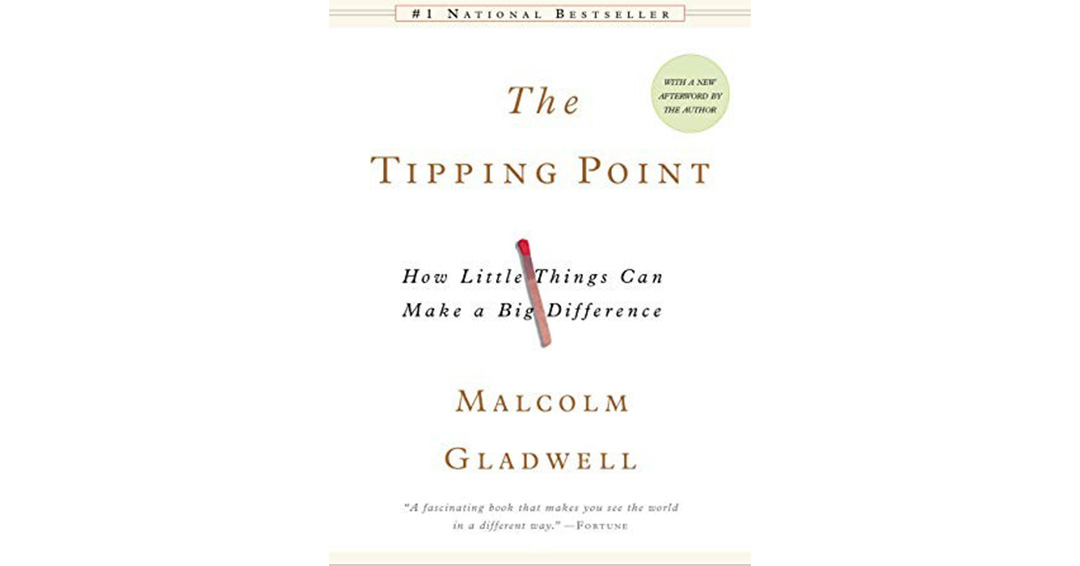
Sep
KIU Teaching Hospital Strengthens Partnership With Kitagata General Hospital
September 5, 2024, 9:40 am
 Administrator
Administrator

By Rogers Wanambwa
KIU, Main Campus - Malcolm Gladwell in his highly critically acclaimed first book, The Tipping Point, tries to explain in very clear and concise ways how seemingly little things bring about profound changes in the world.
Using three agents of change, that he calls the Law of Few, the Stickiness Factor and the Power of Context, Malcolm gives examples to support his theory that rather very intriguing that you are inclined to believe him.
Malcolm uses the 'Hush Puppies' epidemic among other examples to drive his point home.
"When we say that a handful of East Village kids started the Hush Puppies epidemic, or that the scattering of the residents of a few housing projects was sufficient to start Baltimore's syphilis epidemic, what we are really saying is that in a given process or system some people matter more than others. This is not, on the face of it, a particularly radical notion. Economists often talk about the 80/20 Principle, which is the idea that in any situation roughly 80 percent of the "work" will be done by 20 percent of the participants." He writes in the book.
Here a group of young hipsters in downtown Manhattan unknowingly started a major comeback of the shoes in the mid-1990s by simply wanting to be unique while wearing them. Suffice to say, the company making them went from wanting to phase them out to winning an award for them in just a year.
Malcolm looks at things like word of mouth and how powerful it can be in changing the course of History as he cites in Paul Rivere and the American Revolution story.
He goes on to wittingly introduce you to various factors using such compelling stories and statistics that all drive you to the conclusion and agreement that indeed little things can make a big difference.
Picture credit: amazon
Kampala International University,
Box 20000, Ggaba Road, Kansanga, Kampala
+256-760 502660
+256-700 100808